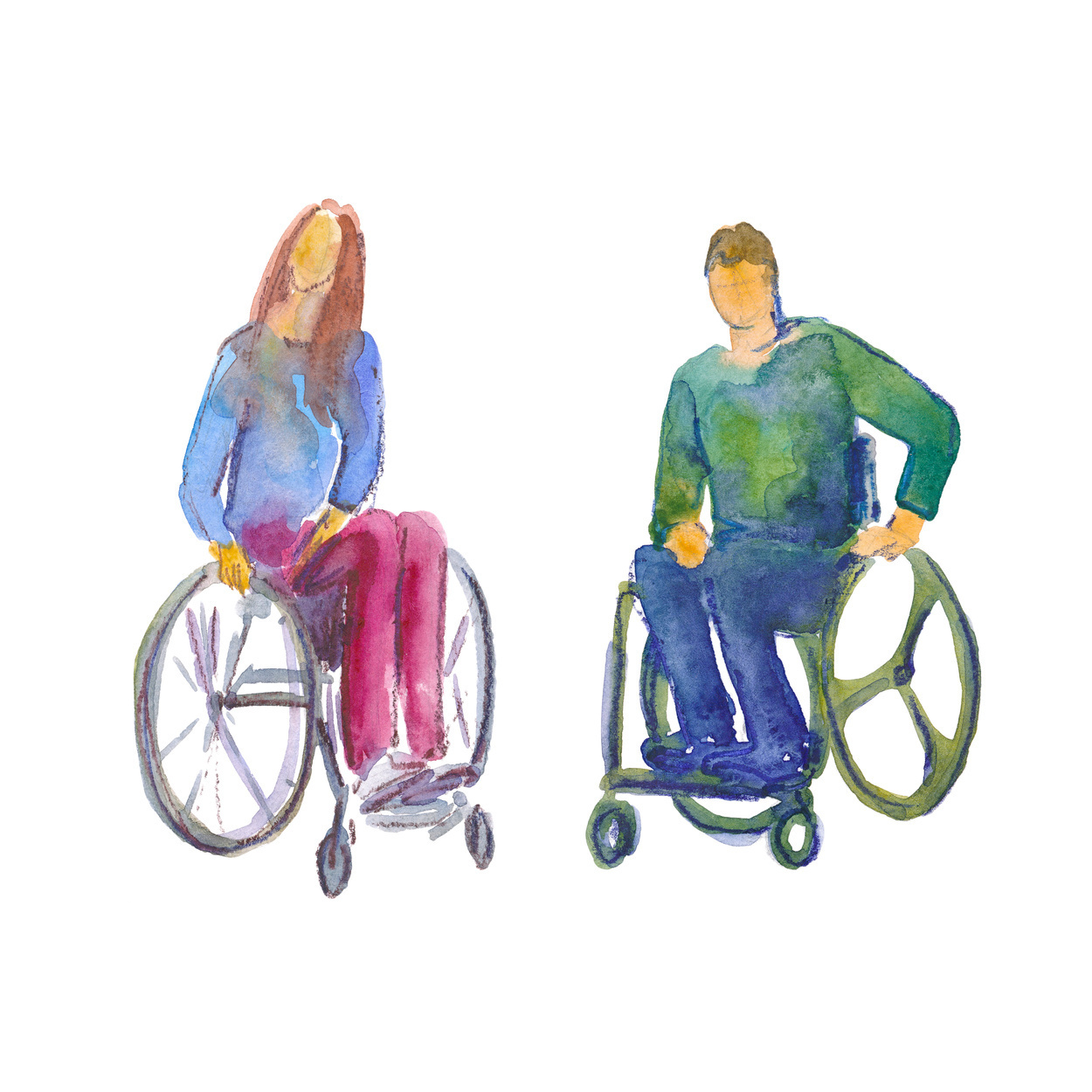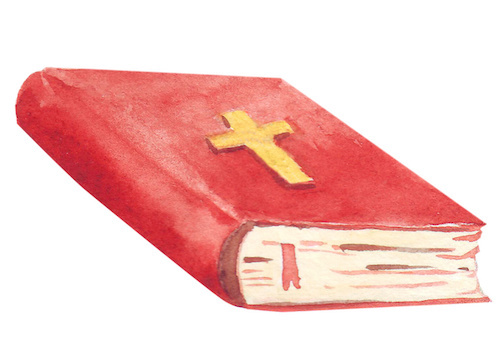
Annual Conference legislation: Constitutional Amendments
Over the next several weeks, we will share a series of articles focusing on the legislative items to be brought to the annual conference session on June 6-8, 2025, in Mitchell, S.D. Clergy and lay members are reminded to register for Dakotas Annual Conference before May 15 and to attend one of the pre-conference webinars held on May 27, 29 and June 1.
*****
At General Conference last year, delegates approved four amendments to change the United Methodist Constitution. Now they must be approved by two-thirds of the voting members of all annual conferences combined in order to take effect. These amendments will come before members of this year’s Dakotas Annual Conference Session, who will be asked to vote on each one during plenary session on June 6. The amendments can be debated but not amended; this is a simple YES or NO vote. The results of our conference’s vote, and the votes of other annual conferences, will not be shared publicly until all conferences have voted in an effort to protect the integrity of the worldwide voting process. The results will be announced Nov. 7, 2025, by the Council of Bishops.
Below you will find a summary of each ballot item. You can read each amendment in its entirety here.
Ballot #1: Worldwide regionalization

Since The United Methodist Church’s founding in 1968, the United Methodist constitution has allowed central conferences (regional administrative bodies outside of the United States) to reject or alter some items in The Book of Discipline to better fit their contexts. They have done this in a variety of ways. For example, some central conferences have developed their own hymnals, and others have developed their own worship resources. Central conferences have also altered General Conference-approved policies regarding the tenure of bishops.
Worldwide regionalization would give the United States that same authority to adapt portions of The Book of Discipline. The United States would become its own “regional conference,” as would the eight regions currently referred to as central conferences.
Specifically, each regional conference would be able to set standards in the following areas as part of its own regional Book of Discipline:
- minimum qualifications and educational requirements to ordain, commission, and license clergy within their bounds
- minimum qualifications and educational requirements for specialized lay ministries within their bounds
- criteria to determine whether persons qualify for professing membership in The United Methodist Church within their bounds, and set expected standards of character and conduct for persons to be continued as professing members
- organization of the regional, annual, district, and charge conferences
- hymnal and ritual—including rights for marriage and burial
- judicial administration related to questions arising from new or adapted sections of the regional Book of Discipline and processes for the investigation and trial of clergy and laity when there are formal complaints
General Conference delegates supported this amendment by a vote of 586 to164. General Conference delegates from the Minnesota and Dakotas Conferences expressed enthusiasm for worldwide regionalization and the ways in which it will benefit the global church.
Learn more:
• Webinar
• One-page explainer
• Slide deck for U.S. annual conferences
• Article series: What is regionalization?
Ballot #2: Inclusion in membership

This amendment would add the words “gender” and “ability” to the list of categories in Paragraph 4, Article IV of the constitution that cannot be used to exclude membership in The United Methodist Church.
The amended Paragraph 4, Article IV in the constitution would read: “All persons, without regard to race, gender, ability, color, national origin, status, or economic condition, shall be eligible to attend its worship services, participate in its programs, receive the sacraments, upon baptism be admitted as baptized members, and upon taking vows declaring the Christian faith, become professing members in any local church in the connection.”
General Conference delegates supported this amendment by a vote of 607 to 67.
Learn more:
• Intersectionality & Equity: Sharing the Future of the UMC webinar
• Paragraph 4, Article IV by the numbers
• Talking points created by the General Commission on the Status and Role of Women
• Talking points created by the Disability Ministries Committee of the UMC
Ballot #3: Racial justice

Article V of the Book of Discipline serves as a pivotal framework for the United Methodist Church’s commitment to addressing and eliminating racism in all its forms. The amendment would strengthen Article V by explicitly recognizing the church’s role in combating racism, racial inequity, colonialism, white privilege, and white supremacy, both within the denomination and in broader society.
The amended version would read: “The United Methodist Church proclaims that from God’s goodness and love, God created all persons as God’s unique and beloved children. Racism opposes God’s law, goodness and love and diminishes the image of God in each person. Fueled by white privilege, white supremacy and colonialism, the sin of racism has been a destructive scourge on global society and throughout the history of The United Methodist Church. It continues to destroy our communities, harm persons, obstruct unity and undermine God’s work in this world. Racism must be eradicated. Therefore, The United Methodist Church commits to confronting and eliminating all forms of racism, racial inequity, colonialism, white privilege and white supremacy, in every facet of its life and in society at large.”
General Conference delegates supported this amendment by a vote of 621 to 59.
Learn more:
• Overview, significance, and talking points from the General Commission on Religion and Race
• Video featuring General Secretary of the Commission on Religion and Race
Ballot #4: Educational requirements for voting rights

This amendment would change Section VI, Article IV of the constitution. This paragraph outlines the educational requirements for clergy members of annual or provisional conferences who are eligible to vote for clergy delegates to General Conference.
The paragraph now requires a clergy delegate to have completed a “course of study or an M. Div. degree…” The amended version would require completion of “course of study or Master of Divinity from a University Senate-approved theological school or its equivalent as recognized in a Central Conference…”
This amendment aims to ensure that those voting for clergy delegates have met the denominational standards for theological education. It does not expand or restrict voting access for licensed local pastors in central or regional conferences. Instead, it clarifies the meaning of an M. Div. degree and specifies qualifying theological schools and their equivalents.
General Conference delegates supported this amendment by a vote of 547 to 99.
Learn more:
• ResourceUMC explainer article